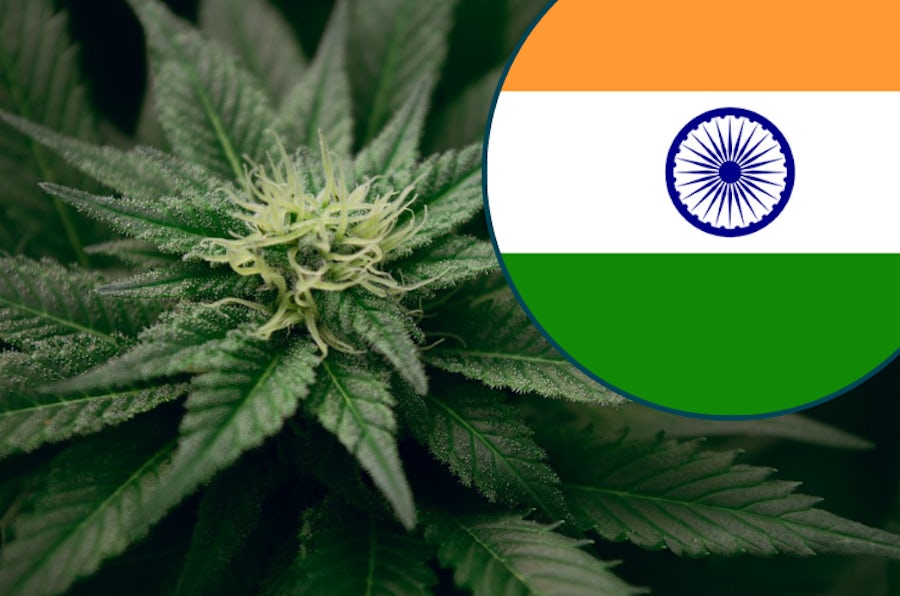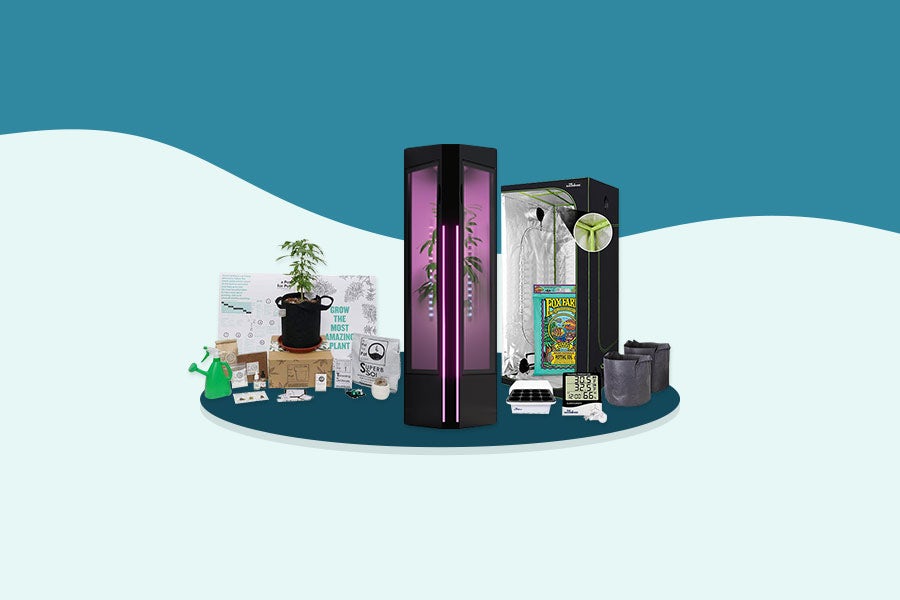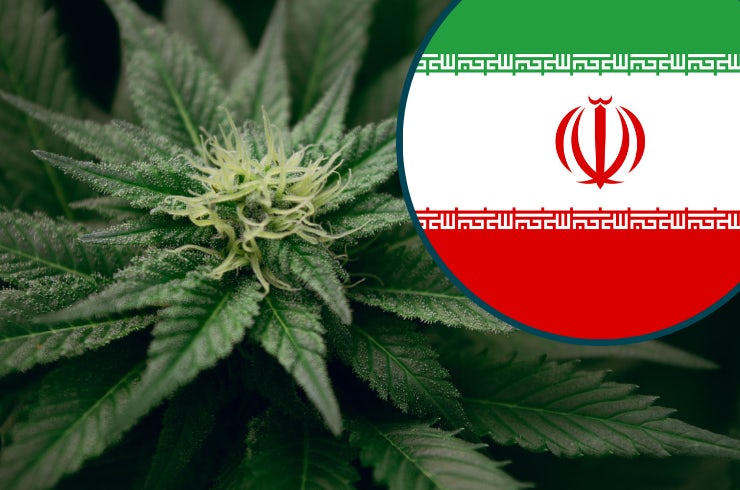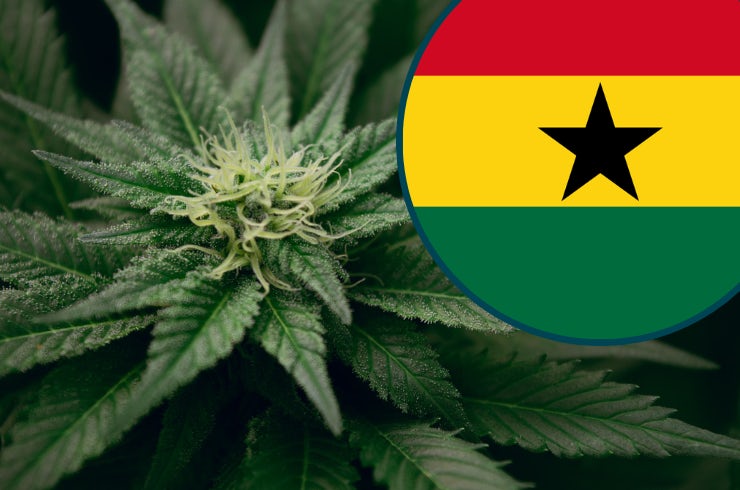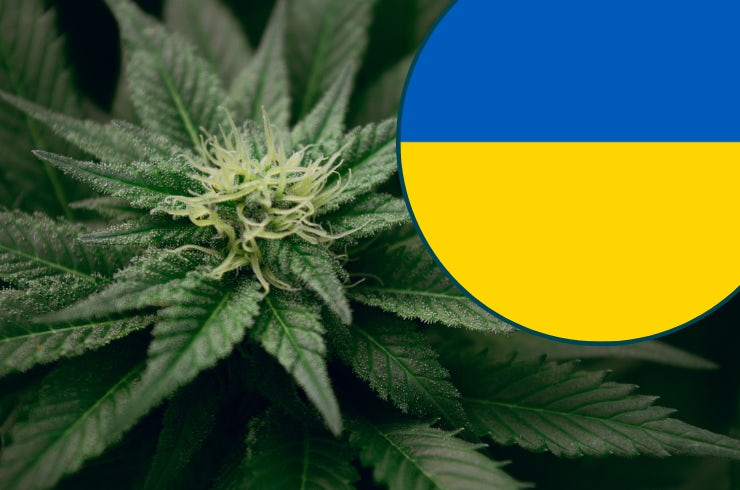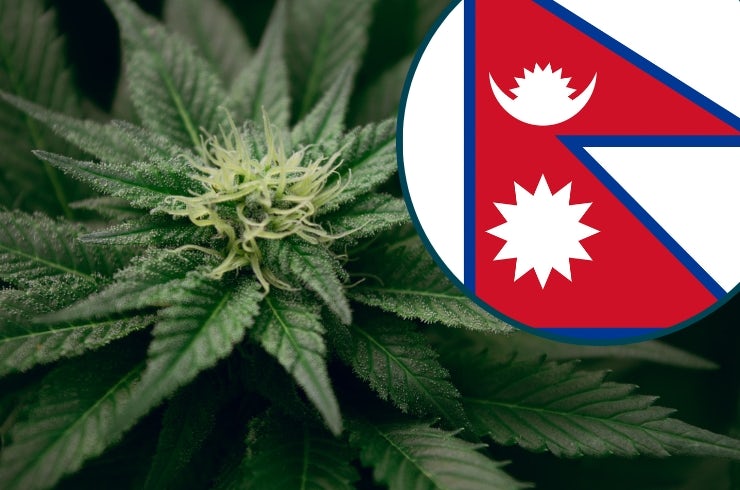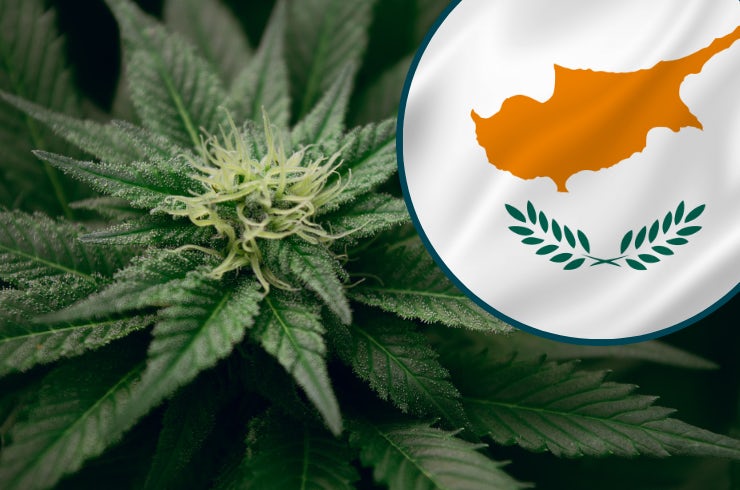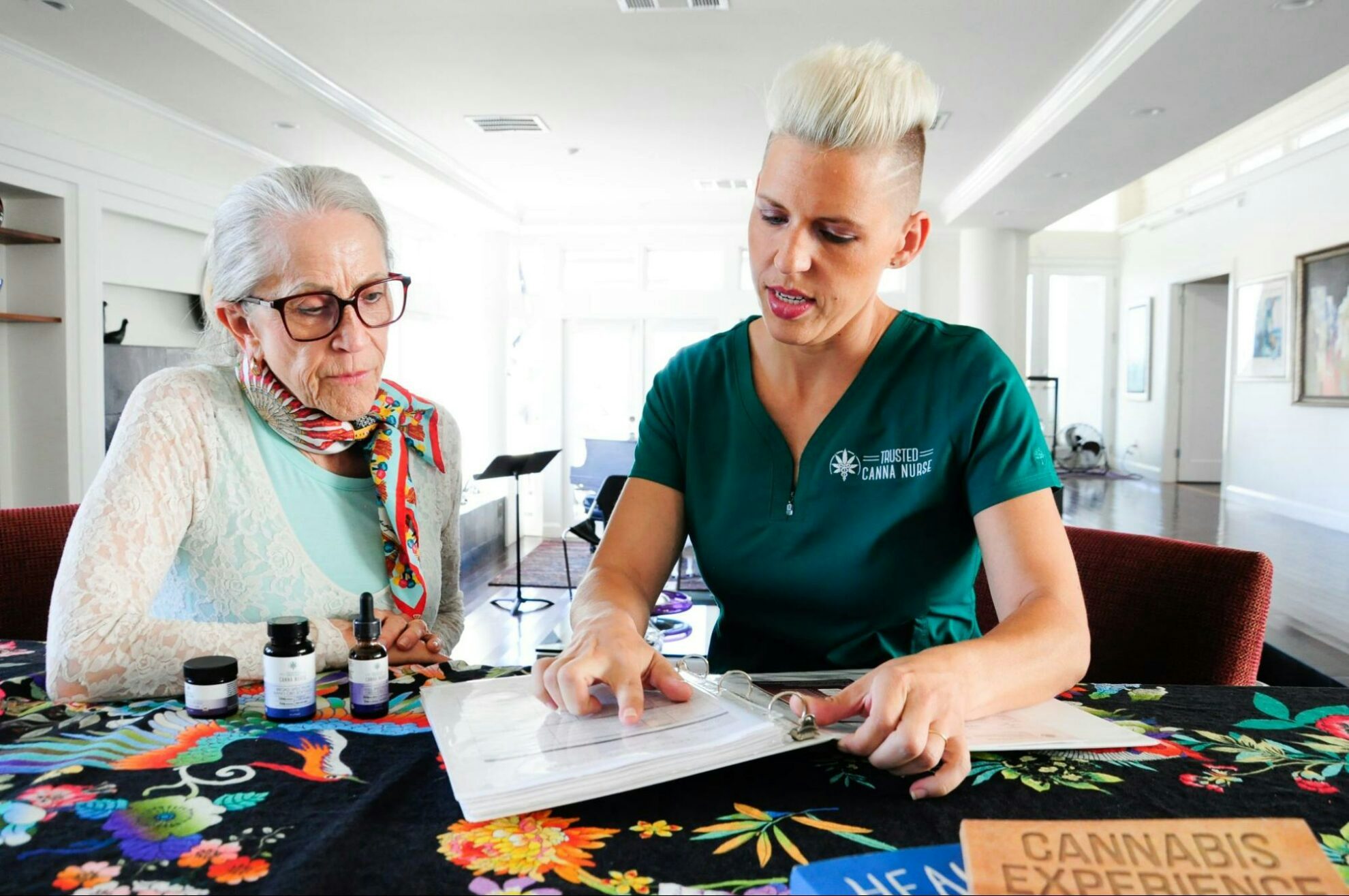Medical: illegal
Recreational: illegal
In the world history of cannabis, few countries appear as prominently as India. Cannabis use is mentioned in religious texts stretching back thousands of years, and it has a time-honored place in traditional Indian medicine and religious practice.
Despite that rich and storied history, cannabis remains illegal in India, though the country does allow certain preparations of cannabis (such as the traditional beverage bhang) and individual states are allowed to adjudicate their own regulations on mariuana.
Although cannabis has a cherished place in Indian traditional medicine, including in Ayurvedic practices, India does not have a legal, state-run medical marijuana program.
In 2017, Minister for Women and Child Development Maneka Gandhi expressed support for the legalization of medical cannabis. Soon after, the government issued its first-ever license for the cultivation and study of cannabis for medical use.
In 2020, VICE India reported on the opening of “India’s first medical cannabis clinic,” which is not part of a state-run legal program, rather, uses the loophole in India’s drug laws to make cannabis preparations using leaves and seeds.
Also in 2020, India joined the majority of the member states of the United Nations Commission on Narcotic Drugs (CND) in voting to remove cannabis and cannabis resin from Schedule IV of the 1961 Single Convention on Narcotic Drugs.
Possible penalties for marijuana crimes in India
Cannabis became illegal under India’s Narcotic Drugs and Psychotropic Substances Act of 1985. The act states that the penalties for cultivation of cannabis can be a sentence of up to ten years imprisonment. For the production, manufacture, possession, sale, transport or import of small quantities of cannabis, the penalty can be up to a year imprisonment or a fine of up to ten thousand rupees ($134).
If the quantity of cannabis is “lesser than commercial quantity but greater than small quantity,” the improvement may extend up to ten years and a fine of up to 100,000 Rupees ($1,348). For commercial quantities, the penalty can stretch from a minimum of ten years up to 20 years, and a fine of up to 200,000 Rupees.
The act defines cannabis as charas (resin removed from the cannabis plant and generally smoked, similar to hashish), ganja (cannabis flower), and any mixture of the above forms or any drink made by mixing them. The law does not include the seeds and leaves of the cannabis plant “when separated from the flower,” allowing for the legal preparation of the cannabis-derived traditional drink bhang.
The law does however allow individual state governments to permit and regulate “the cultivation of any cannabis plant, production, manufacture, possession, transport, import inter-State, export inter-State, sale, purchase, consumption or use of cannabis (excluding charas).”
How do Indians generally view marijuana?
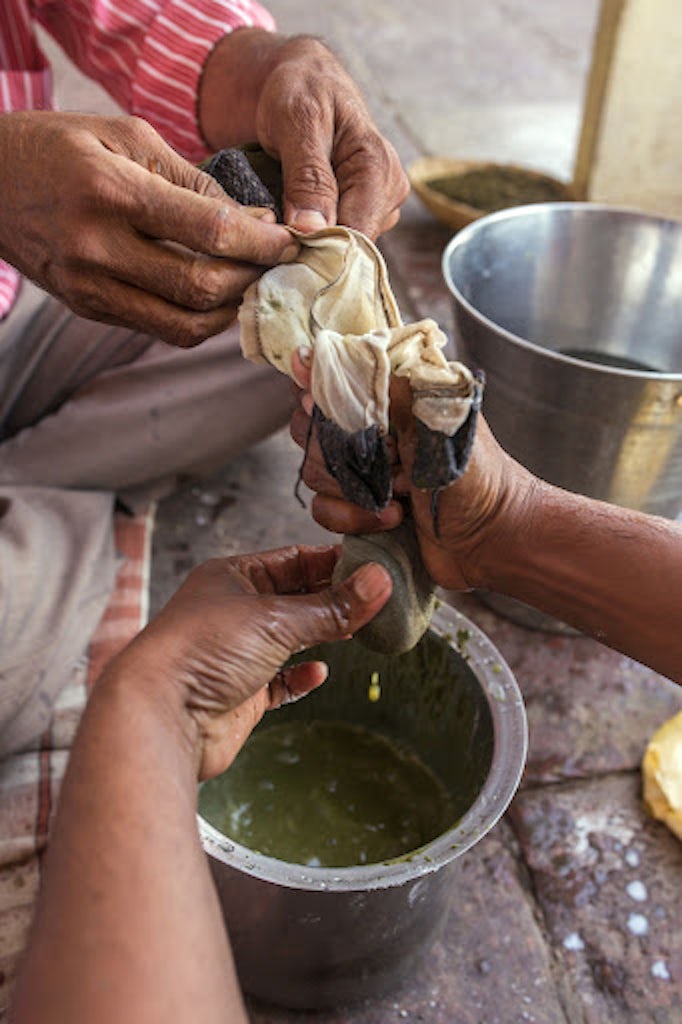
For Americans who came of age in the 60s and 70s, India was synonymous with “the Hippie Trail” and a culture of traditional cannabis cultivation and consumption in the hills, mountains, and valleys of the country.
But long before it became a destination for backpackers, India was home to storied cannabis traditions of its own.
Cannabis preparations have been used in the country for thousands of years in religious ceremonies, including in the worship of the god Shiva. Its ritual use can take the form of smoking charas or drinking bhang.
In addition, the Athar Veda, one of the four sacred texts of Hinduism, names cannabis as “one of the five most sacred plants on Earth,” as well as a “source of happiness” and “liberator.”
Bhang is traditionally consumed during the colorful, celebratory Hindu festival of Holi. The sale of Bhang and its use falls under the legal loophole that allows for the use of cannabis leaves and seeds. Bhang has been used for many years to treat a wide variety of ailments, ranging from gonorrhea to diarrhea. (It is also quite easy to prepare)
But beyond the use of bhang and the rivulets of foreign backpackers across the country, how do Indians view cannabis?
A 2019 study by India’s Ministry of Social Justice and Empowerment titled “Magnitude of Substance Use in India,” found that after alcohol, cannabis and opioids are the most commonly used substances in India, and that around 2.8% of the population reported having used cannabis during the previous years.
In 2015, Bengaluru held what was billed as the country’s “first legalize marijuana” meet, organized by India’s cannabis reform activist group The Great Indian Legalisation Movement. That same year, an Indian MP called for cannabis legalization and shared his own experiences with cannabis use.
Other politicians have also made statements supportive of cannabis reform, including Shashi Tharoor, MP for Thiruvananathapuram, who in 2018 wrote an op-ed that stated that “it’s high time for India to embrace the health, business, and broader societal benefits that legally regulating cannabis can bring.”
Also, in March 2021, the government of the state of Tripura announced plans to form an expert panel to examine the viability of cannabis legalization.
In addition, following India’s vote to remove cannabis from the UN Convention in late 2020, the Indian Express wrote an editorial that called for India to decriminalize cannabis.
What Indian law permits for medical patients
India does not have a recognized, legal state program that regulates or provides medical cannabis to certified patients. Such individuals can use approved cannabis preparations like bhang that are not banned by India’s anti-drug laws.
Under India’s alternative herbal medical treatment system called Ayurveda, medicines containing extract from leaves can be prescribed to patients for a variety of ailments including insomnia, diarrhea, muscle pains, anxiety and more. This has opened avenues for full spectrum CBD oils to be sold on prescription, however at a premium price. The tinctures and oils can be ordered via mail as well as purchased from local ayurvedic pharmacies.
Smokeable flower or resin remains illegal nationwide.
Where does weed grow naturally in India?
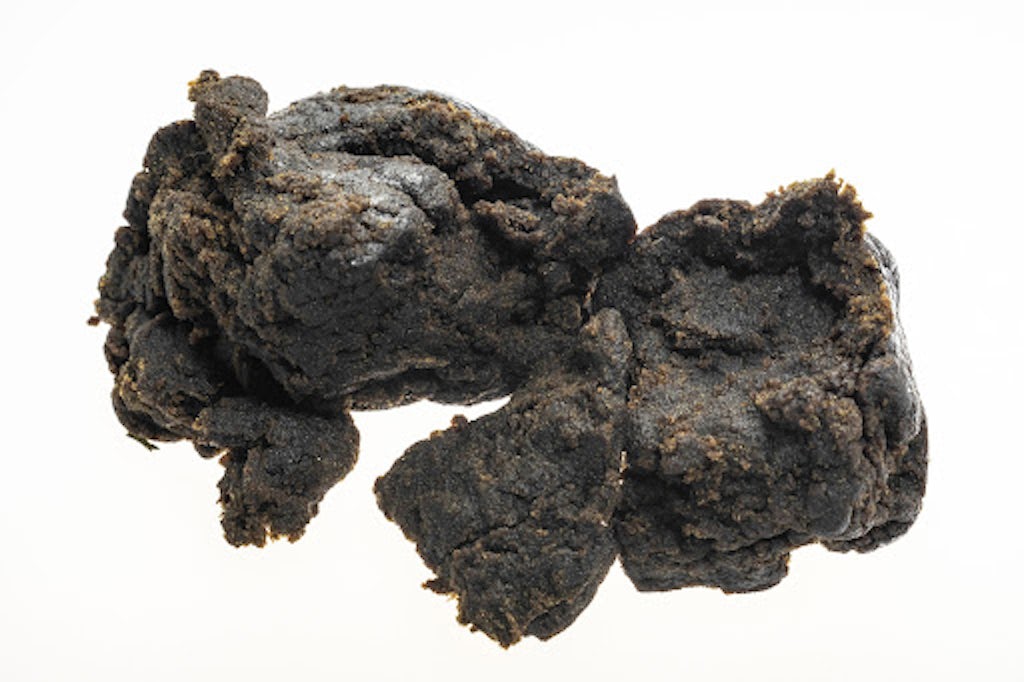
For thousands of years, cannabis has grown wild in wide swaths of the Indian countryside.
The mountainous northern state Himachal Pradesh has long been a center of cannabis cultivation – both manmade and natural. The area and others in northern India are well-known for the production of charas, as any hiker who has visited the guesthouses of the Parvati Valley could probably attest to.
Cannabis also grows wild across northern states like Haryana and Punjab and it is not uncommon to see it growing widely along roadsides.
States can make their own regulations regarding cannabis cultivation. In 2018, the northern state of Uttarakhand approved the cultivation of hemp, and was followed by the state of Madhya Pradesh in 2019.
Can you grow your own weed?
It is not legal to grow your own weed and if caught you could potentially face imprisonment and/or a fine.
Visiting India – can you buy or bring marijuana products?
If visiting India, it is not wise to bring your own marijuana, even if you have a valid license for it in your home country. Indian law will not recognize foreign licensing and you could face arrest, deportation, and/or imprisonment.
India allows the sale of bhang in approved bhang shops in various cities across the country if you’d like to try out the beverage.
Overall, purchasing cannabis is not difficult in India depending on where you are. In Northern India, in the towns and valleys where cannabis cultivation is a widespread practice, it is not difficult to purchase illicit charas and spend the day kicking back with a chillum.
Elsewhere in the country, it can be easy to find people who will sell you cannabis, especially in areas that are thick with tourists and guesthouses. Alternatively, you can be discreet with the full spectrum oils available via several brands and have a rejuvenating day.
It is wise to exercise the same caution that you would elsewhere. Be discrete, don’t consume in public, and try to avoid interactions or transactions that raise your suspicion.
Sign up for bi-weekly updates, packed full of cannabis education, recipes, and tips. Your inbox will love it.

 Shop
Shop Support
Support